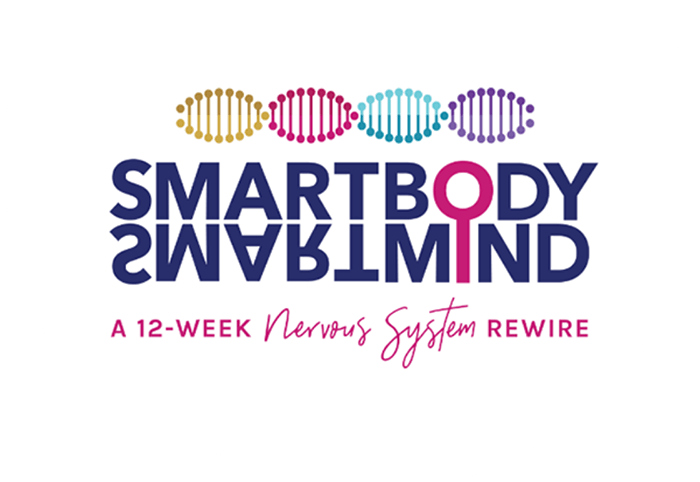I took a nasty revenge on my ex-boyfriend because he betrayed me. I felt extremely guilty afterwards and profusely apologized. However, I wasn’t forgiven. I felt extremely rejected, humiliated, and re-wounded all over again. Now I cannot seem to shake the feeling off. I cannot locate the feeling in my body. It’s only in my mind as an eternal loop of events. In the context of SBSM, how can I forgive myself and integrate it? I’ve done the healthy shame work, but how to stop with the toxic shame.
Call Tag: rage
I have an extensive amount of dental trauma starting at age two. I now have a good dentist and a hygienist, but my mouth still feels like a war zone. And anyone doing work in my mouth feels incredibly violating. I had a cleaning last week and I can still feel the excess tension I’m carrying in my head, neck, and face from that experience. Do you have any suggestions on how I can release the survival stress after dental work or reduce the activation during procedures?
In training call five, Irene makes a point to grieve over lack of early childhood self-regulation and trauma and move on, grieve it and move on. I am feeling so stuck in the grieving vortex. I would love tips on how to close that chapter and move on from being angry at my parents
What to do when there’s a big fight? Like say, we do have a partner that we’re close with, it’s going well, but there’s a big blow up, there’s a big fight. In the example they gave, maybe even something got smashed. No one got hurt, but there was some explosiveness or something. What to do in situations like that? How to come back together?
What could a possible connection be between vaginismus…” That’s hard to pronounce. Constriction of the vagina when there tries to be penetration, essentially is what that is. “And then around four years of interstitial cystitis. What’s the connection between these things? The interstitial cystitis has resolved, but vaginismus has not. No trauma that comes to mind as a possible connection, although I’m realizing these issues are not due to bad luck or chance.” No. “Is there any advice you can give me, a little insight as to what could be going on?
Hi, Seth. I’ve noticed that eating food can sometimes stimulate a need to express or move. What is the nervous system explanation for this? Do you have any suggestions for managing my own needs to move, et cetera when eating in public where it isn’t necessarily appropriate to roll around on the floor or start retching, et cetera?
All right. Disgust, aggression, gagging. So, there’s many questions about the, “Ugh,” sort of gagging reflex connected to strong emotion, connected to aggression, connected to disgust.
In today’s call, Irene gives the example of stubbing her toe and how to work through that in body orienting. Can you please give an example of something happening more emotional than physical and how to work through that in the body? For example, getting into an argument with a spouse or other family member. I feel very triggered by things my spouse says or does, and I know it’s because of my dysregulated nervous system, so I’d like some tips on how to recognize that and release the ball from the pool.
“In my first few weeks of life, my mother did not produce enough milk, and I frequently passed out from starvation.” That’s intense, so yeah. Anybody, if you may notice something in your own system responding to that, just be aware, and think about your seat, and your feet, and your environment. “Now after finishing SBSM 11 last week, I realized that this may be why I’ve been a sugar addict and a binge eater for five decades.” Yes. I would say you are 100% right. “I pay attention to when the urge to binge arises and any emotional and physiological sensations as early as possible, but there’s been no shift. Are there specific neurosensory exercises I should focus on to release this unhealthy external resource?” Wow.
